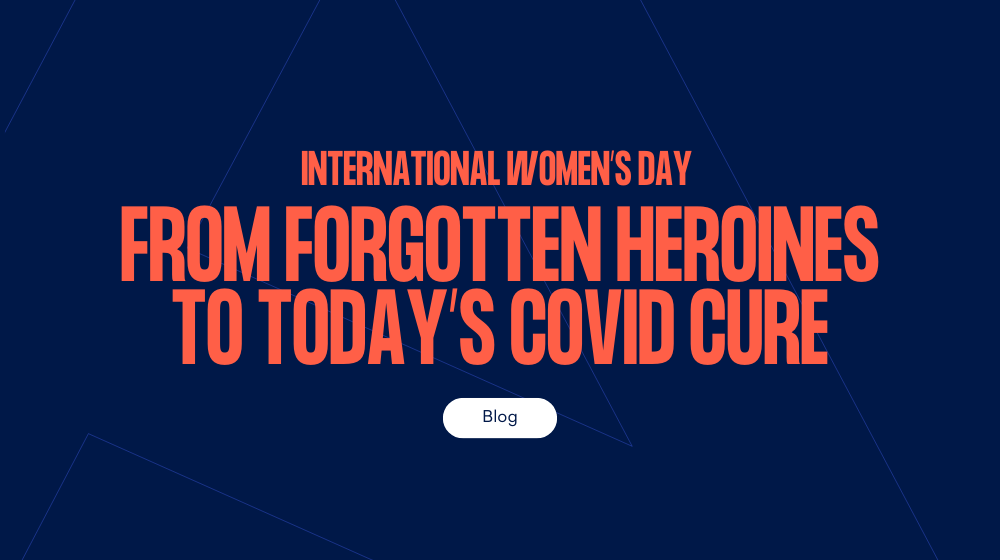As an agency whose managing director is not only a woman, but a computer science graduate too, we always have some good discussions in the office about IWD and this week we thought we’d share some of our musings….
The often forgotten STEM pioneers
Looking back through the history books, you might be forgiven for not knowing too much about some of most pioneering women of the day. Women have not only been underrepresented in STEM, but some women who have made an influential impact within the industry have been written out of history in favour of their male counterparts. Shocking, we know! Take for example, Caroline Herschel, a 19th century astronomer, who missed out on the 1944 Nobel prize for discovering nuclear fission, which went to her junior collaborator, Otto Hahn.
Women also played a vital role in breaking codes during the Second World War and by the mid-sixties, women were the largest trained technical workforce of the computing industry. However, keen to reinforce traditional gender roles, large companies and corporations began to exploit women’s technical skills in a bid to showcase them as cheap labour for admin roles. By the time the technological revolution of the 1970s rolled round, women’s contribution to technology in the workplace largely involved filing and scanning.
What’s the impact today?
Whilst the number of women in STEM roles today is increasing, in 2018, only 22% of the STEM workforce were women, and only 35% of STEM students in higher education in the UK are women. We’re moving in the right direction but there is still a considerable amount of work to be done to encourage women to not only study STEM subjects, but to then move into the workforce. Don’t worry though, despite all this, women are already emerging as a force within STEM.
This article, by National Geographic, features nine women in STEM who are gaining recognition for their scientific advances and credit for their contributions. Whilst it may take some time to overcome the struggles that former women in STEM once faced, it is promising to see their efforts rewarded and female representation growing in a once heavily biased industry.
Representation is a really positive way to encourage women into STEM industries, from the likes of global tech leaders such as Martha Lane Fox and Sheryl Sandberg, to the unsung heroines developing life changing technology. As we speak, there is an all-female team of scientists working on a coronavirus vaccine. With over 90,000 people worldwide having been infected, and 3,000 deaths, the work this team are carrying out is vital to controlling the current situation. The article states that 30% of the world’s researchers are women, however the work this all-female team are doing could increase that percentage significantly in the next 18 months.
Writing women in STEM into the future
There are some great organisations in the North writing STEM women into our future!
Innovateher, for example, looks to ensure that the future tech workforce is diverse and the current talent pipeline is nurtured. Innovateher has developed a schools’ programme, designed for girls between the age of 12-16, to inspire them to consider a career in STEM, using industry role models to lead the programmes.
Then there’s STEM Women, which is building a community of students and graduates and connecting them with employers through networking events to encourage graduates to take up professional STEM roles.
All About STEM work with schools and businesses to promote STEM opportunities in the North West. They are an ambassador network working on a number of different projects to inspire the next generation of STEM specialists. All About STEM also host The Big Bang North West, a celebration for school children which brings together young people to discover the STEM based careers and opportunities available to them in their area.
In a recent announcement from Great Manchester Combined Authority (GMCA), a new agreement signed between GMCA and the Science and Industry Museum will help to bridge the STEM skills gap. The new agreement will see the two organisations working together to increase the STEM talent pipeline and make Greater Manchester a world leading city for STEM excellence.
Let’s make sure we’re all writing women in STEM into our future.



